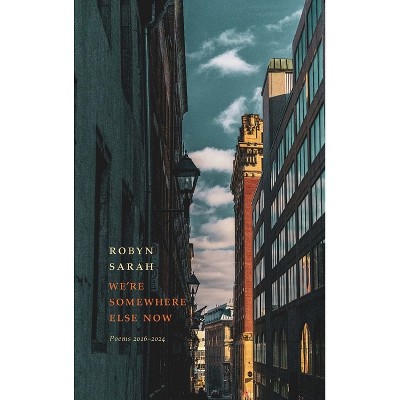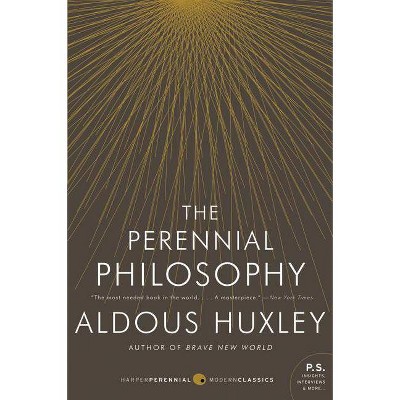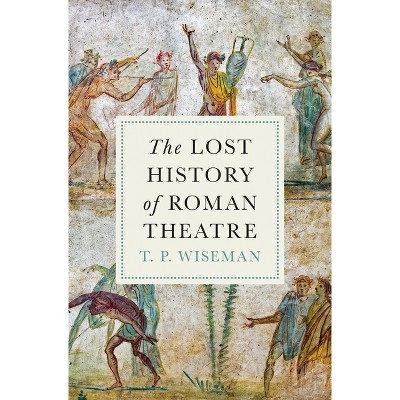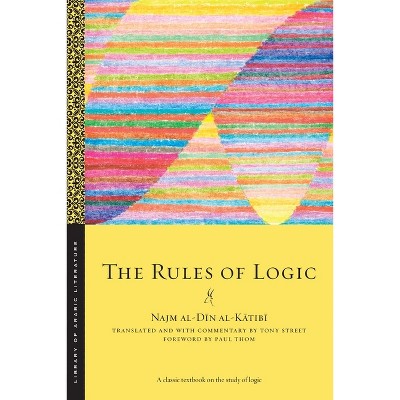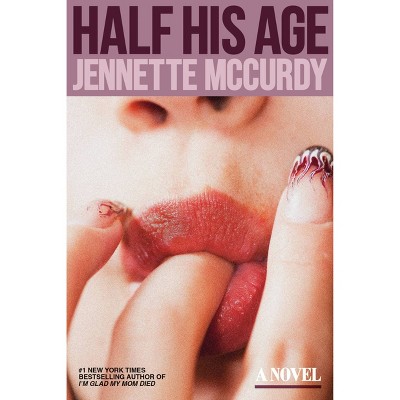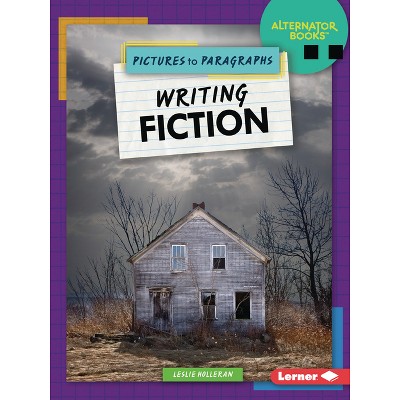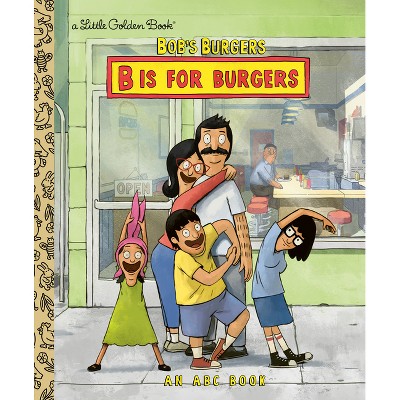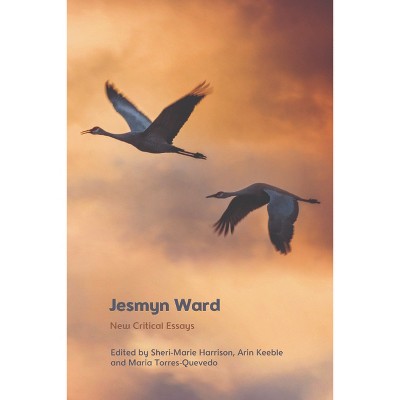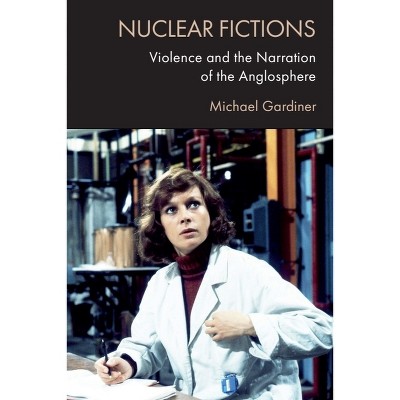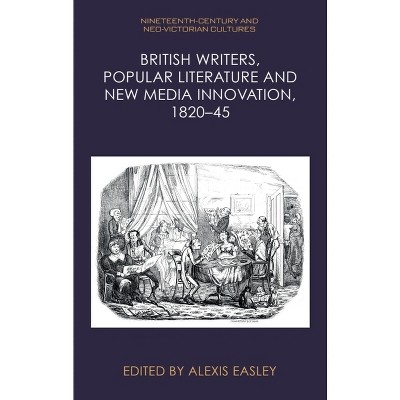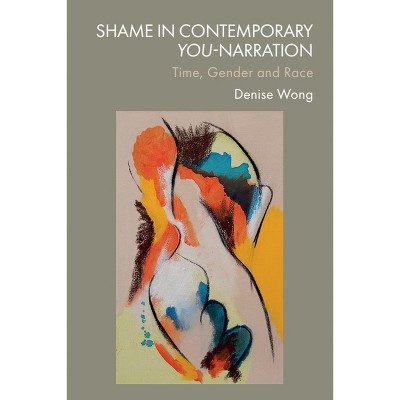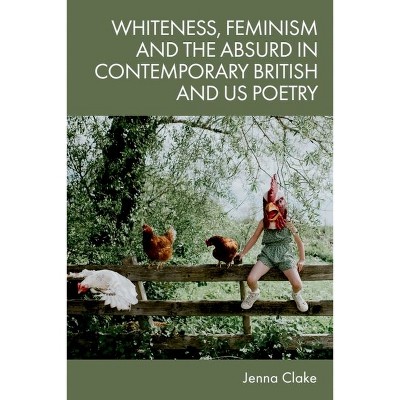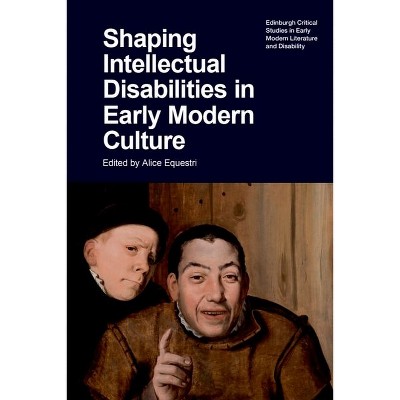Sponsored

Twenty-First Century Fictions of Terrorism - by Arin Keeble (Paperback)
$29.99
Pre-order
Eligible for registries and wish lists
Sponsored
About this item
Highlights
- Examining novels by celebrated authors, some neglected and some brand new texts, Arin Keeble offers a detailed analysis of the ways novels from around the world have represented terrorism in the early twenty-first century.
- Author(s): Arin Keeble
- 312 Pages
- Literary Criticism, Modern
Description
About the Book
A comprehensive study of how fiction has depicted and responded to terrorism in the twenty-first centuryBook Synopsis
Examining novels by celebrated authors, some neglected and some brand new texts, Arin Keeble offers a detailed analysis of the ways novels from around the world have represented terrorism in the early twenty-first century. Over five chapters, he uncovers a movement away from event-based narratives toward depictions of terrorism as a violent symptom or feature of twenty-first century world-systems and neoliberalism. Beginning with the early literary response to 9/11 and the 9/11 novel genre, the book moves through more recent depictions of the endless 'war on terror', state terror, white nationalist terror and historical narratives of terror that resonate in the current political climate. In doing so, it examines the changing ways literature has sought to make sense of both the reasons why terrorism occurs and the effects it has on victims, survivors and international and intercultural relations.Review Quotes
A masterful synthetic account of how the fiction of the first quarter of the century has wrestled with the concept of terrorism. Keeble has written both a timely study and one that will influence literary histories of the period for years to come.
--Andrew Hoberek, University of MissouriLooking beyond the exceptionalism of 9/11, Keeble's theoretical interventions and meticulous close readings offer compelling contexts of trauma and structural violence demonstrating how terror gets framed between and across social and cultural institutions of government, media and industry.
--Amina Yaqin, University of ExeterDimensions (Overall): 9.21 Inches (H) x 6.14 Inches (W)
Suggested Age: 22 Years and Up
Number of Pages: 312
Genre: Literary Criticism
Sub-Genre: Modern
Publisher: Edinburgh University Press
Theme: 21st Century
Format: Paperback
Author: Arin Keeble
Language: English
Street Date: January 1, 2026
TCIN: 1004161844
UPC: 9781474478687
Item Number (DPCI): 247-27-8257
Origin: Made in the USA or Imported
If the item details aren’t accurate or complete, we want to know about it.
Shipping details
Estimated ship dimensions: 1 inches length x 6.14 inches width x 9.21 inches height
Estimated ship weight: 1 pounds
We regret that this item cannot be shipped to PO Boxes.
This item cannot be shipped to the following locations: American Samoa (see also separate entry under AS), Guam (see also separate entry under GU), Northern Mariana Islands, Puerto Rico (see also separate entry under PR), United States Minor Outlying Islands, Virgin Islands, U.S., APO/FPO
Return details
This item can be returned to any Target store or Target.com.
This item must be returned within 90 days of the date it was purchased in store, shipped, delivered by a Shipt shopper, or made ready for pickup.
See the return policy for complete information.
Frequently bought together
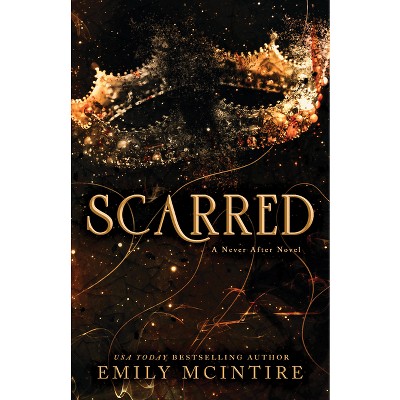
$15.08
MSRP $17.99
Buy 1, get 1 50% off select books
4.7 out of 5 stars with 56 ratings

$7.31
MSRP $7.99
Buy 1, get 1 50% off select books
5 out of 5 stars with 16 ratings
